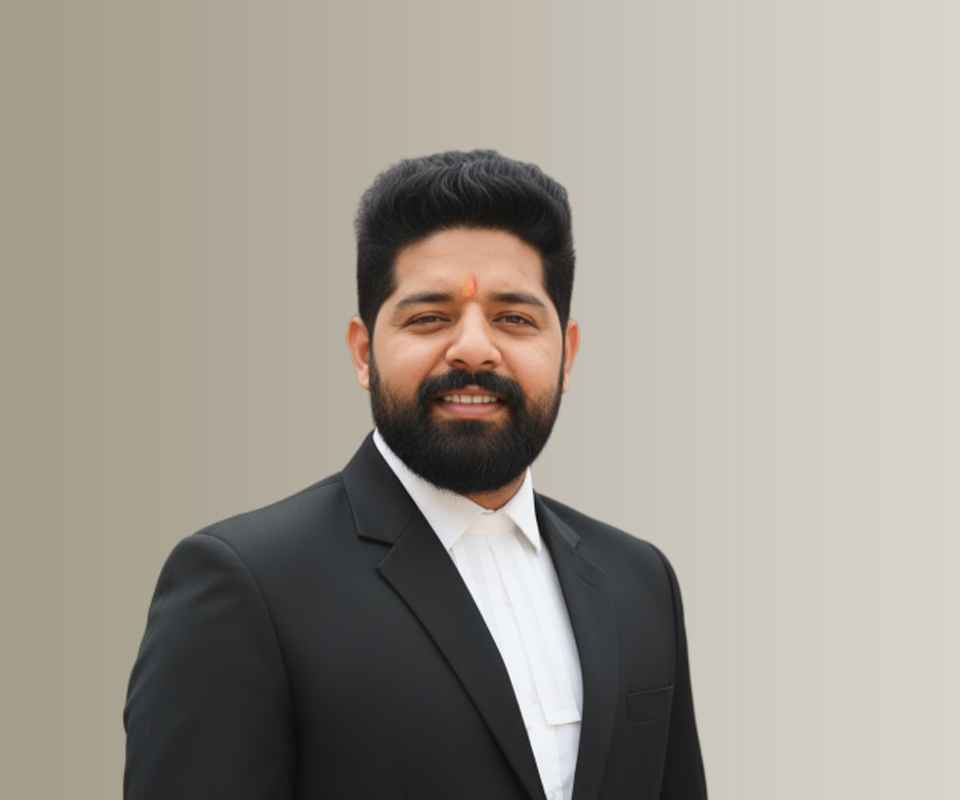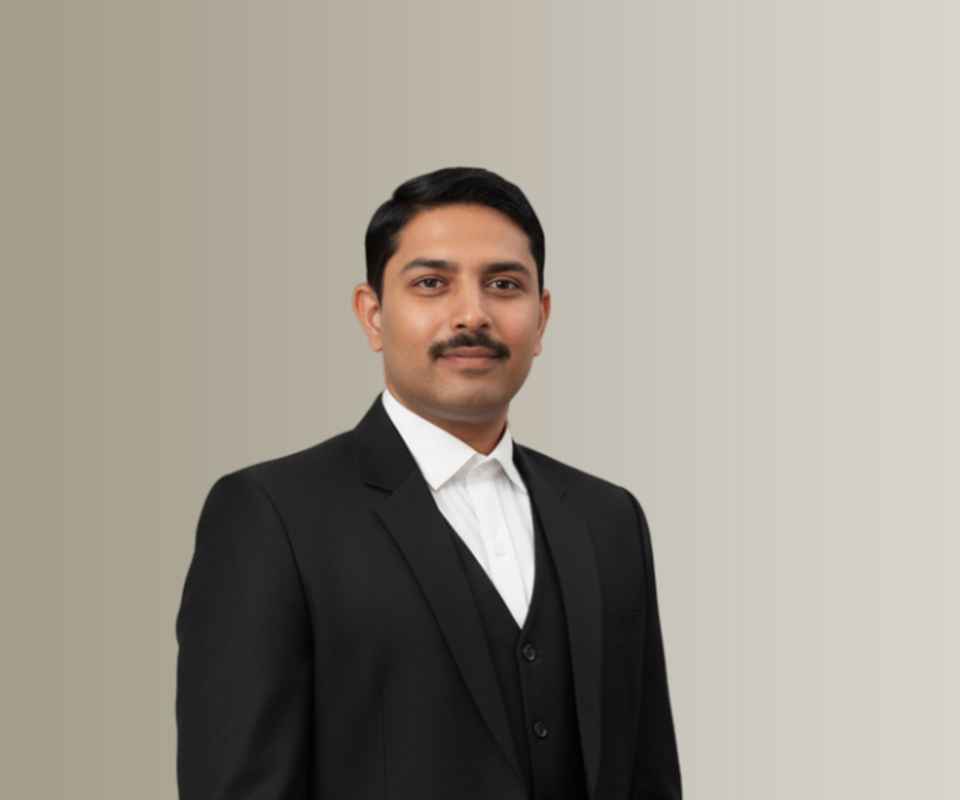Answer By law4u team
The Service Selection Board (SSB) interview is a comprehensive selection process used by the Indian Armed Forces to assess candidates who wish to join the Army, Navy, or Air Force. The SSB interview evaluates a candidate's leadership potential, personality traits, mental aptitude, and physical fitness. It is an essential part of the recruitment process, following the successful completion of the written exam (for NDA, CDS, or other entries).
What Is the SSB Interview?
The SSB interview is a multi-stage evaluation process that lasts for 5 days. The aim is to assess the candidate’s suitability for a military career by testing their physical, mental, and psychological capabilities. Candidates who clear the written examination are invited for the SSB interview, which is held at designated SSB centers across the country.
Stages of the SSB Interview:
Stage 1: Screening Test (Day 1)
Officer Intelligence Rating (OIR) Test: The first stage consists of two intelligence tests—verbal and non-verbal reasoning—aimed at assessing the candidate's cognitive abilities.
Picture Perception and Description Test (PPDT): After the intelligence tests, candidates are shown a picture for a few seconds and are asked to describe it in writing. Based on this, the candidate is required to narrate a story. This test assesses the candidate’s creativity, observation skills, and thought process.
Result of Stage 1: Based on the performance in the OIR and PPDT, candidates are either selected for further rounds or rejected on the first day.
Stage 2: Psychological Testing (Days 2 to 4)
Thematic Apperception Test (TAT): Candidates are shown a series of pictures and asked to make a story based on them. This test assesses the candidate’s imagination, ability to think on their feet, and emotional maturity.
Word Association Test (WAT): A set of words is displayed one by one, and candidates are asked to form a meaningful sentence using each word. This test evaluates the candidate's quick thinking and how they react under pressure.
Situation Reaction Test (SRT): Candidates are given a series of short scenarios and asked how they would react in each situation. This test helps assess the decision-making abilities of the candidate and their suitability for military life.
Self-Description Test: The candidate is asked to write about how they perceive themselves, how others perceive them, and their strengths and weaknesses. This helps the assessors gauge the candidate’s self-awareness and personality.
Stage 3: Group Testing (Days 3 to 4)
Group Discussion (GD): In this test, candidates are divided into small groups and given a topic to discuss. This evaluates their communication skills, ability to work in a team, and leadership potential.
Group Planning Exercise (GPE): Candidates are presented with a situation requiring quick thinking and problem-solving. They must plan a solution collectively, demonstrating teamwork and leadership.
Progressive Group Task (PGT): In this task, candidates must work together to overcome obstacles set in an outdoor course, such as climbing walls or crossing ditches, using limited resources. It tests their leadership, teamwork, and problem-solving abilities.
Half Group Task (HGT) and Final Group Task (FGT): These tasks assess leadership and the ability to work as a team under stress and pressure. Candidates need to lead their group to successfully complete a series of challenges.
Stage 4: Personal Interview (Day 5)
The personal interview is conducted by senior officers who evaluate the candidate's motivation to join the armed forces, knowledge of current affairs, and the reasons behind their desire to serve the nation.
The interview also delves into the candidate’s family background, education, and general personality traits.
The officer conducting the interview looks for leadership qualities, decision-making ability, and confidence in the candidate.
Stage 5: Conference (End of Day 5)
After the tests and interviews, all the assessors meet in a final conference to discuss the candidates’ performance.
Each candidate is given a final assessment based on their overall performance during the 5-day process.
The results of this final conference determine whether the candidate will be recommended for training at the respective military academy (NDA, IMA, AFA, etc.).
Medical Examination:
Candidates who are recommended in the SSB interview undergo a medical examination at a military hospital. The medical fitness requirements are stringent, and candidates must meet certain health standards, including physical fitness, vision, and overall health.
Example:
A candidate from Delhi successfully clears the NDA written exam and attends the SSB interview. During the interview, he performs well in the psychological tests (TAT, WAT), exhibits strong leadership in the group tasks (PGT, GPE), and impresses the interview panel with his knowledge of current affairs and motivation to serve in the Army. After the final conference, he is recommended for training at the National Defence Academy (NDA).







